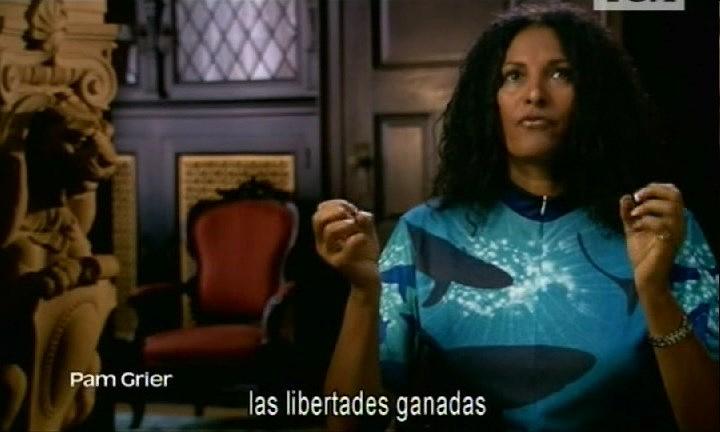剧情介绍
暂无
The 1970s was an extraordinary time of rebellion, of questioning every accepted idea: political activism, hedonism, protests, the sexual revolution, the women's movement, the civil rights movement, the music revolution, rage and liberation. Every standard by which we set our social and cultural clocks was either turned inside out or thrown away completely and reinvented. For American cinema, the 1970s was an era during which a new generation of filmmakers created work for a new kind of audience--moviegoers who were hungry for stories that reflected their own experiences and who were turning their backs on aged old studio formulas. As a result, emerging filmmakers influenced by foreign directors such as Godard, Kurosawa and Fellini coupled with the social climate and a struggling studio system, converged to create a new kind of moviemaking. Through their choice of material, filmmakers such as Francis Ford Coppola, Martin Scorsese, Robert Altman, Peter Bogdanovich, William Friedkin, Roger Corman and Paul Schrader revolutionized mainstream movies and for the first time personal visions were coming out of the studio system.






The best fucking years.
影片之间的衔接印象很带感,整整一个片单,因为不处于那时代所以感触共鸣不多。这不是电影情节,而是单纯的纪录片感想,我的阅片量基本不包括。也不得不说,我英语不过关,观感不是很好
可愛死了!
纪录片
对70年代美国电影业电影人的一次集体回顾和致敬。B站可看。
American Film's finest hour.
冉冉升空
等了两年也没等到英文字幕,最终还是妥协看的英语音轨法语字幕,这怎么好意思打分?谁特么知道我听懂了多少。
主要还是讲新好莱坞
"It was the best of times,it was the worst of times,it was the age of wisdom,it was the age of foolishness,it was the epoch of belief,it was the epoch of incredulity,it was the season of Light,it was the season of Darkness,it was the spring of hope,it was the winter of despair"
8
其实都是和思潮的变化有关。
最创新的年代,经典云集的七十年代。
相比60年代新浪潮还是略逊色一些
A-